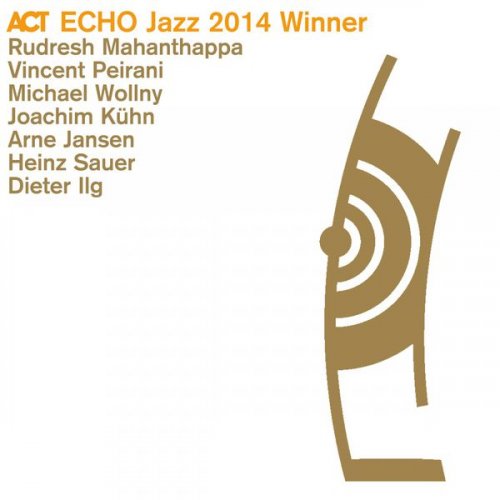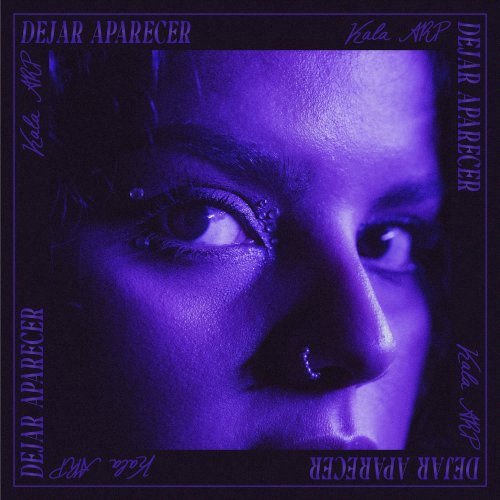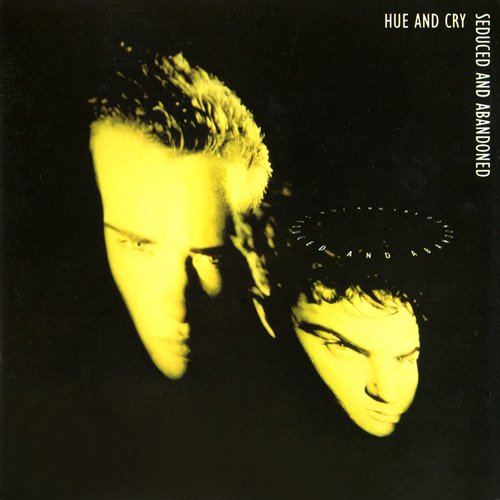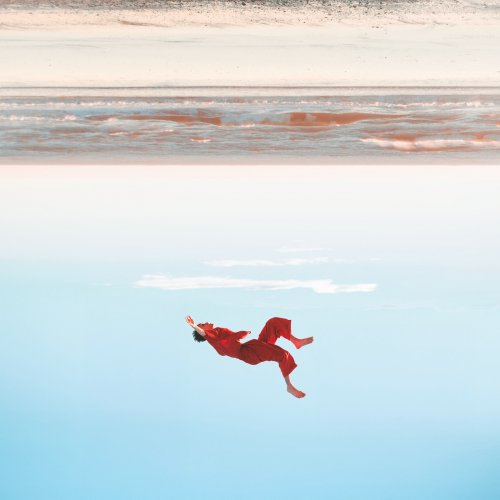Joel Futterman Trio - Berlin Images (2018)

Artist: Joel Futterman Trio
Title: Berlin Images
Year Of Release: 1991/2018
Label: Silkheart Records
Genre: Jazz, Free Jazz, Avant-Garde Jazz
Quality: 320 kbps | FLAC (tracks)
Total Time: 01:04:03
Total Size: 147 mb | 339 mb
WebSite: Album Preview
Tracklist:Title: Berlin Images
Year Of Release: 1991/2018
Label: Silkheart Records
Genre: Jazz, Free Jazz, Avant-Garde Jazz
Quality: 320 kbps | FLAC (tracks)
Total Time: 01:04:03
Total Size: 147 mb | 339 mb
WebSite: Album Preview
01. The World Watched, Pt. One
02. Ask the Price, Pt. Two
03. There Is Peace, Pt. Three
Personnel:
Joel Futterman - piano
Raphé Malik - trumpet
Robert Adkins - drums
Futterman's restless churning lines are countered by the questing trumpet of former Cecil Taylor associate Raphé Malik, who, along with drummer Robert Adkins makes The World Watched and Ask The Price enticing, thought provoking experiences. The collection's closing title, There Is Peace, provides the listener with a intensely swirling, though decidedly less harrowing, aural imagery."
The trail of the decades we call home is recorded in certain cities as though they were dry lake beds or rock strata. These cities have spoken names whose associative sonorities come from the various ways in which they have marked our century. When the name Berlin is said, the sound is longer than its syllables, and bronze: the name has been heated, cast, tolled, scrapped, re-melted, and poured again. And has yet to be let out of the foundry as finished.
Because so little of the instant mindscan of gyrating, mutable Berlin seems commonplace, one of the residual unspoken charges against the Berlin Wall is that it was ordinary (seen from the West). And in its perversity, bewitchingly humanscale. It also, in the American perspective, came to seem like the last chapter: the sullen change that would forever make an eventful place into something static as well as partitioned.
American Improvised music is of its moment, but not always of its time. The Wall was a big-story barricade, framed as it hardened by a thrust to push those kinds of things aside elsewhere. Improvising composers of the period, continuing a grand general tradition of genteel indifference wanted not much to do with this galvanic political rostrum, not musically, at any rate.
As the Wall settled into its tenure, it also became a powerful icon that confirmed thematic art which had preceded it while inspiring fresh attempts to grapple with what it had come to represent. Here again the appeal of such a focus was largely lost on the improvising community in the U.S. Despite odes to such luminary structures as the Watts Towers or the Williamsburg Bridge, American improvised music has not been routinely based on static, man-made icons, regardless of scale or merit. Musicans in the States have typically been far more directly involved with matters of flux, immediacy, torsion, reactivity - the muscle tone of human living.
In this light, the changing of the border landscape from political experiment to tidal human experience will likely prove to be a subject of equally surging allure to composers and improvisers. As evidence this superbly titled recording, among the initial wave of referential works in the post-wall world, devotes itself entirely to the episode.
In fact, the lineage of the program here is rather unusual. Its spur came from producer Philip Egert, who wrote the poem which inspired this music during the peripatetic (parapetic) meeting of the Wall and its new owners. Pianist and composer Joel Futterman, having been as equally affected by those events as Egert, took the poem straight to heart and song, creating the three sections which comprise this recording. The poem "Berlin Images", incidentally, is one of series of works by Egert for which Futterman has written music, making this effort more that a casual collaboration. Egert then oversaw the subsequent recording session with this trio, thus able to hear the results of the partnership with all due immediacy. The business of non-industrial music making is not without its quick rewards.
The trail of the decades we call home is recorded in certain cities as though they were dry lake beds or rock strata. These cities have spoken names whose associative sonorities come from the various ways in which they have marked our century. When the name Berlin is said, the sound is longer than its syllables, and bronze: the name has been heated, cast, tolled, scrapped, re-melted, and poured again. And has yet to be let out of the foundry as finished.
Because so little of the instant mindscan of gyrating, mutable Berlin seems commonplace, one of the residual unspoken charges against the Berlin Wall is that it was ordinary (seen from the West). And in its perversity, bewitchingly humanscale. It also, in the American perspective, came to seem like the last chapter: the sullen change that would forever make an eventful place into something static as well as partitioned.
American Improvised music is of its moment, but not always of its time. The Wall was a big-story barricade, framed as it hardened by a thrust to push those kinds of things aside elsewhere. Improvising composers of the period, continuing a grand general tradition of genteel indifference wanted not much to do with this galvanic political rostrum, not musically, at any rate.
As the Wall settled into its tenure, it also became a powerful icon that confirmed thematic art which had preceded it while inspiring fresh attempts to grapple with what it had come to represent. Here again the appeal of such a focus was largely lost on the improvising community in the U.S. Despite odes to such luminary structures as the Watts Towers or the Williamsburg Bridge, American improvised music has not been routinely based on static, man-made icons, regardless of scale or merit. Musicans in the States have typically been far more directly involved with matters of flux, immediacy, torsion, reactivity - the muscle tone of human living.
In this light, the changing of the border landscape from political experiment to tidal human experience will likely prove to be a subject of equally surging allure to composers and improvisers. As evidence this superbly titled recording, among the initial wave of referential works in the post-wall world, devotes itself entirely to the episode.
In fact, the lineage of the program here is rather unusual. Its spur came from producer Philip Egert, who wrote the poem which inspired this music during the peripatetic (parapetic) meeting of the Wall and its new owners. Pianist and composer Joel Futterman, having been as equally affected by those events as Egert, took the poem straight to heart and song, creating the three sections which comprise this recording. The poem "Berlin Images", incidentally, is one of series of works by Egert for which Futterman has written music, making this effort more that a casual collaboration. Egert then oversaw the subsequent recording session with this trio, thus able to hear the results of the partnership with all due immediacy. The business of non-industrial music making is not without its quick rewards.
![Eero Koivistoinen - For Children (1970) [2006] Eero Koivistoinen - For Children (1970) [2006]](https://www.dibpic.com/uploads/posts/2026-02/1771615516_ff.jpg)
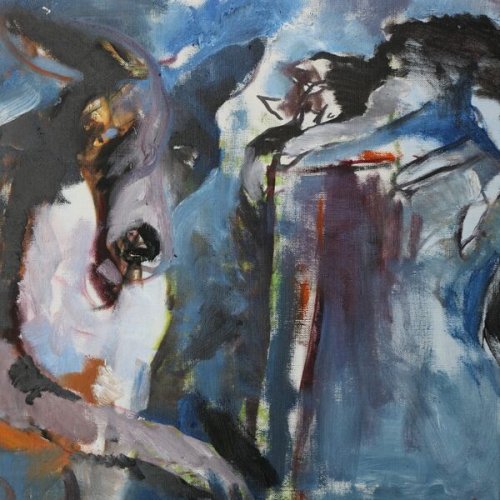
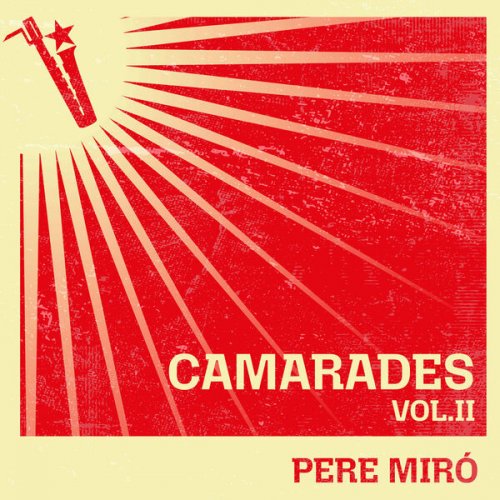
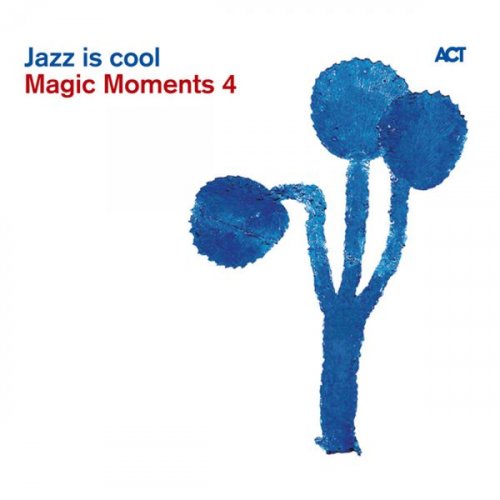
![Brandon Seabrook - Hellbent Daydream (2026) [Hi-Res] Brandon Seabrook - Hellbent Daydream (2026) [Hi-Res]](https://www.dibpic.com/uploads/posts/2026-02/1771429539_a1475136036_10.jpg)
